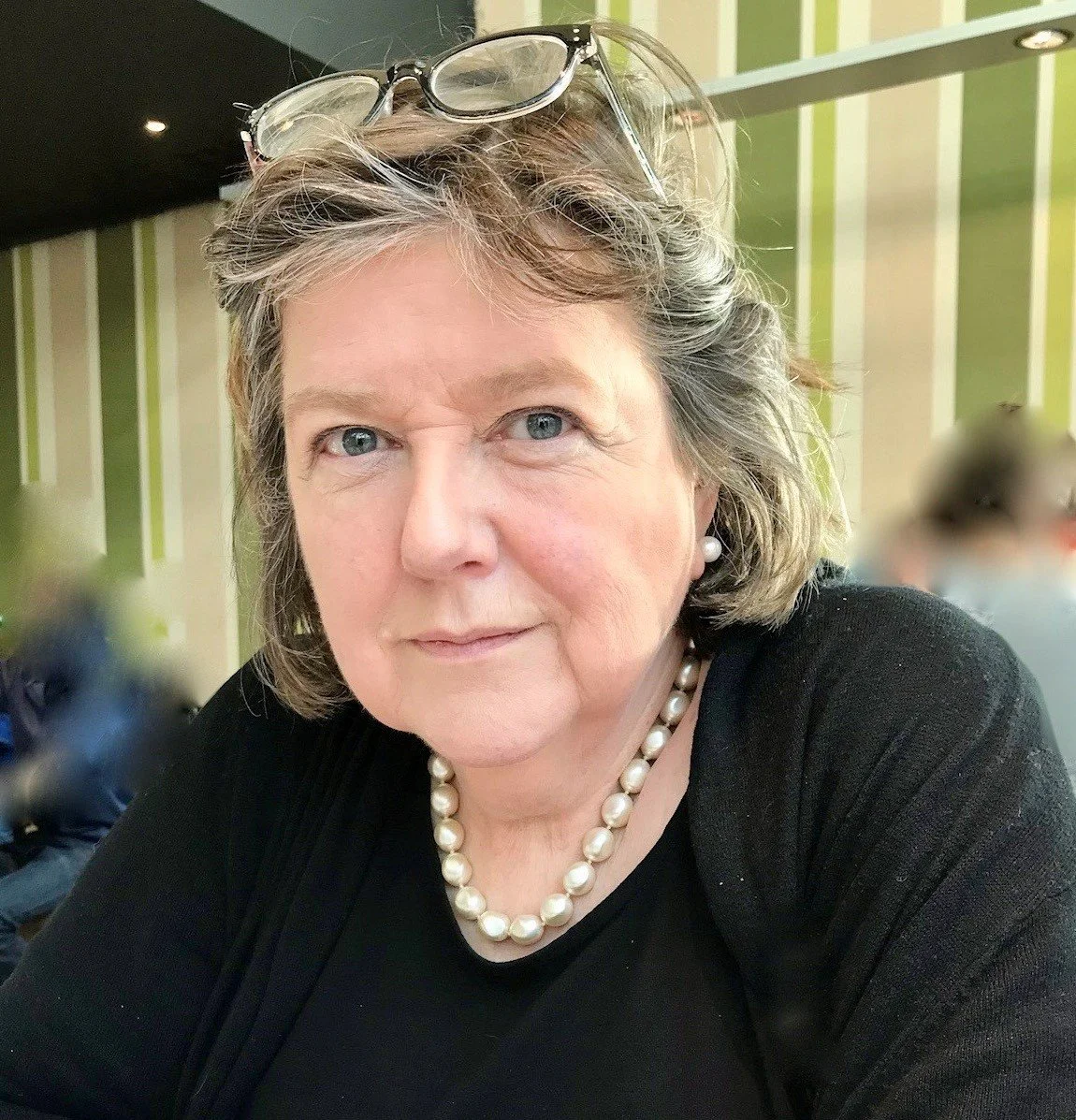Rising Dementia Diagnoses: A Wake-Up Call We Must Answer Now
Article written by CoWL Patron, Prof June Andrews OBE
New figures predicting a sharp rise in dementia diagnoses by 2044 are more than a headline. They should be a wake-up call for us all.
In Scotland and across the UK, the number of people living with dementia is expected to grow dramatically as our population ages. This is not a future problem. It’s already here. That’s why Carers of West Lothian (CoWL) is acting now to support individuals and families who are navigating memory difficulties, often in silence, anxiety and confusion.
The most important thing we can do today is make it easier to recognise the early signs of dementia and respond with timely, practical support. Dementia doesn’t arrive overnight. Long before a formal dementia diagnosis, there are signs that something is changing. From Memory lapses, confusion about familiar routes, losing track of conversations, or withdrawing socially can all be early indicators. These are just some of the signs that are often dismissed as “normal ageing,” but they matter. Getting help earlier can make a world of difference. Here in West Lothian, the dementia pathway from early concerns to a formal diagnosis can take some time. These ‘waiting periods’ are often when formal support is unavailable to most.
That’s where our MIST can support family members/unpaid carers. You don’t need a diagnosis to access our Memory Information Support Team (MIST) support. If you or someone you care about is concerned about memory or thinking there may be cognitive changes in a loved one, that’s reason enough to reach out.
“Whether you have not yet approached the GP or are waiting on support at a variety of stages with the Older People’s Community Mental Health Team (also known as the Memory Treatment Service) please contact them for support in the here and now as well as inform you about what may lie ahead. From offering home visits to a monthly support group and social and physical activity opportunities, MIST aims to support both the family members/unpaid carers as well as the person experiencing memory difficulties or dementia symptoms.”
CoWL’s support offers practical information, compassionate guidance, and reassurance. Our resources are designed to help people understand what to expect, how to prepare, and how to have the often-difficult conversations with loved ones, when a diagnosis hasn’t yet been made.
Early intervention is not just about medication or medical tests. In fact, for many types of dementia, there is not much medicine can do. But acting early allows families to put the right supports in place, reduce avoidable crises, and plan for the future care needs you might not have thought of. That might include setting up power of attorney, reviewing safety at home, arranging financial advice, and building a support network.
It also gives people living with memory difficulties more time to take part in decision-making about their own future care. That can preserve independence and dignity, which are just as important as medical care.
One of the hidden costs of late diagnosis is the strain it places on carers, most often family members who have stepped in to help, without training or support. Many are juggling jobs, childcare, and their own health issues, all while trying to make sense of a loved one’s changing behaviour. Early access to information and emotional support can stop people from burning out.
CoWL Patron, Prof June Andrews OBE
We know that Scotland needs a better, fairer dementia pathway, but we don’t need to wait for system change to start making a difference locally. Trusted community-based organisations like CoWL are already offering personalised, flexible support, bridging the gap between diagnosis and care.
As we look toward 2044 and beyond, this growing challenge requires all of us to work together. But perhaps the most important thing we can do is help people start the conversation now. So, if you’re worried about memory loss, your own or someone else’s, don’t wait. Reach out. Speak to your GP. Contact CoWL. Use the resources that are available. Early support doesn’t just change the course of the condition. It changes lives.



